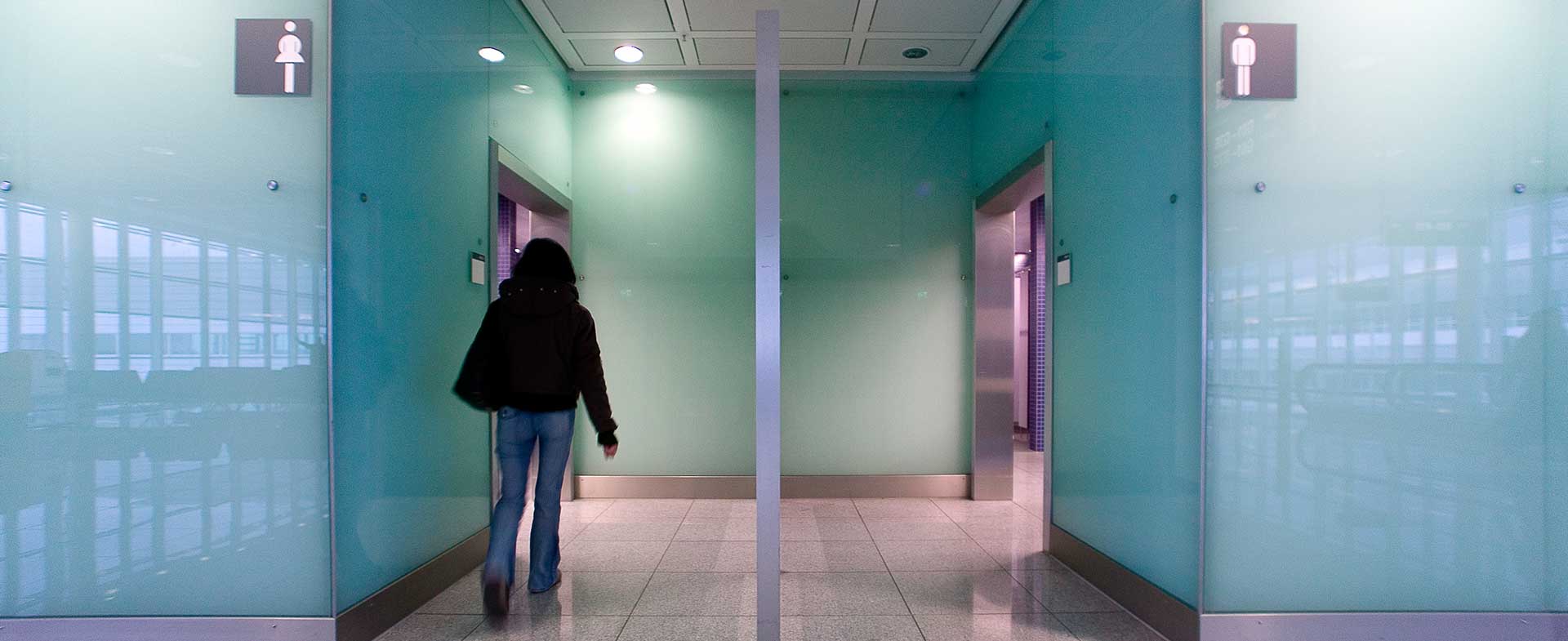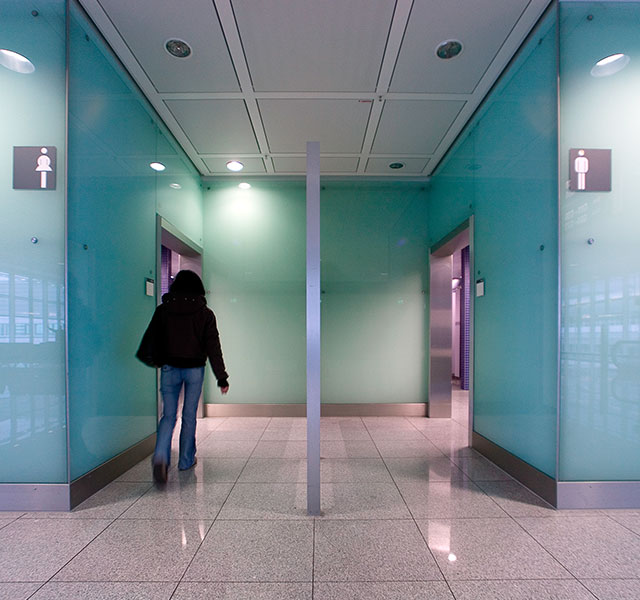No matter how many times a day you hit the bathroom, you might wonder if you’re going the “right” amount. Average bladder capacity is about 10 to 18 ounces. That means your bladder should be able to hold the equivalent of one to two tall glasses of water before needing to be emptied.
But everyone is different, and there are also several factors that can influence how many times a day you should pee.
“There’s no true consensus on what’s ‘normal,’ but typical frequency means going to the bathroom about six or seven times in a 24-hour period,” says Joseph A. Haddad, M.D., a urologist at Henry Ford Health. “That total would include getting up to pee once during the night.”
Lifestyle Factors That Increase Urinary Frequency
The biggest determinant of how often you have to pee is how much you drink. It’s simple liquid-in, liquid-out mathematics. But our bodies aren’t that straightforward, and there are several other factors that influence how frequently you need to urinate. If you aren’t going at least every four hours or so, you may be dehydrated and need to increase your intake of water and other non-caffeinated, non-alcoholic beverages.
Things that can make you have to go more often include:
- Spicy food
- Alcohol
- Caffeine
- Smoking
- Certain medications (diuretics will increase frequency, while some cold medications may reduce frequency)
- Pregnancy (pressure on the bladder increases as the fetus grows larger)
- Age (it’s common to have to pee more frequently as you get older)
Is It Overactive Bladder?
If you find yourself having to pee more and more often, you may worry that you are dealing with an overactive bladder. People with overactive bladder have urgency to pee that’s hard to control—and that can sometimes lead to incontinence.
“We generally define an overactive bladder as frequency that is bothersome to you. That can vary from person to person,” says Dr. Haddad. “If it limits your social life, interferes with doing your job or activities you enjoy, or if you can’t hold it for more than ten minutes, you should talk to your doctor.”
Overactive bladder becomes much more common with age. Up to 30% of people over age 65 experience it. If you have obesity or diabetes, you’re more likely to also have overactive bladder.
What The Doctor Can Do To Help
The good news is that there are lots of good options to help control an overactive bladder. “We want patients to know they don’t have to suffer in silence,” says Dr. Haddad. He said he typically has patients start by keeping a bladder diary, logging how much you drink and how much and how often you urinate. “That gives us some solid information to start,” says Dr. Haddad.
Next, your doctor may suggest that you make some lifestyle changes—including quitting smoking, losing weight and eliminating foods and beverages that increase urinary frequency. There are oral medications that help decrease frequency and urgency. In some cases, pelvic floor therapy to strengthen muscles can help you gain greater bladder control.
“If less invasive methods aren’t helping, we have several surgical treatments that are very effective,” says Dr. Haddad. One minimally invasive option is bladder Botox™. “We inject Botox into the bladder wall about once every six months and it decreases the urgency to go,” says Dr. Haddad.
Another in-office procedure is called percutaneous nerve stimulation (PTNS). You go in once a week for 12 weeks for stimulation to a nerve in your leg that affects your bladder. After that, you’ll need monthly maintenance treatments.
For people looking for long-term relief, Dr. Haddad recommends surgery to implant a type of bladder pacemaker called InterStim™. “We insert the device near the sacral bone and it has a wire that stimulates nerves going to the bladder,” says Dr. Haddad. “This technique is 80% effective and lasts 15 years.”
To find a urologist at Henry Ford, visit henryford.com/urology or call 1-800-436-7936.
Dr. Joseph Haddad is a board-certified urologist who sees patients at Henry Ford Hospital in Detroit and Henry Ford Medical Center – Lakeside.



